As the demand for sustainable agricultural practices rises, innovative solutions are emerging to reduce waste, conserve resources, and improve soil health. One such solution is the Fish Waste Production Line, which transforms fish byproducts into valuable agricultural inputs like organic fertilizer. This process not only supports eco-friendly farming practices but also contributes to the circular economy by repurposing waste that would otherwise be discarded.
The Concept Behind Fish Waste Production Lines
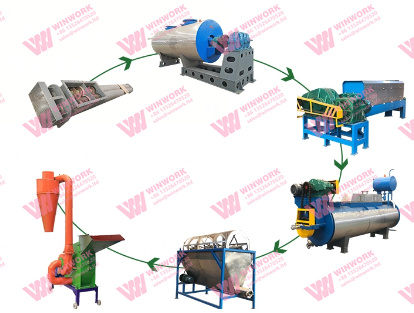
A Fish Waste Production Line is a specialized system designed to process fish byproducts, including bones, skin, and other unused parts, into organic fertilizer. These byproducts are rich in essential nutrients such as nitrogen, phosphorus, and calcium, making them an excellent source of natural fertilizers for crops.
The process typically involves grinding, drying, and fermenting fish waste to break it down into a nutrient-rich fertilizer that can be applied directly to fields. This not only reduces waste but also provides farmers with an eco-friendly alternative to chemical fertilizers.
Benefits of Using Fish Waste Fertilizer
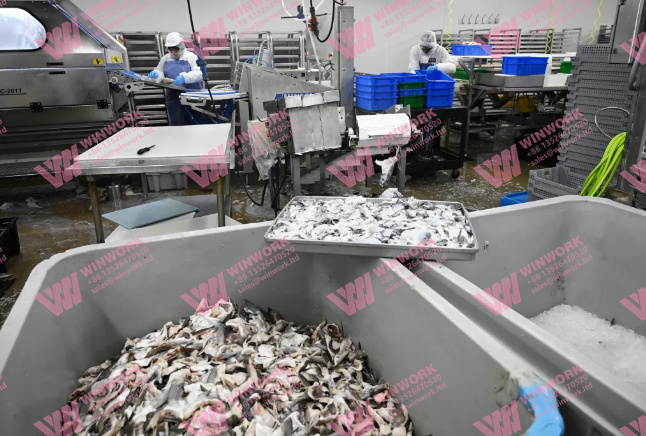
Nutrient-Rich Fertilization
One of the primary benefits of using a Fish Waste Production Line is the production of nutrient-rich organic fertilizer. Fish waste contains high levels of nitrogen, phosphorus, and potassium—nutrients essential for healthy plant growth. The natural release of these nutrients into the soil ensures a steady supply over time, enhancing soil fertility and improving crop yields.
Soil Health Improvement
Fish-based fertilizers contribute to the improvement of soil structure and health. They support the growth of beneficial microorganisms in the soil, which in turn aids in the decomposition of organic matter and promotes nutrient uptake by plants. Regular use of fish waste fertilizers can increase soil organic matter, helping to retain moisture and prevent soil erosion.
Reduced Dependence on Chemical Fertilizers
By utilizing fertilizers derived from fish waste, farmers can significantly reduce their reliance on synthetic chemical fertilizers. Chemical fertilizers often lead to soil degradation, nutrient imbalances, and pollution of water bodies due to runoff. Fish Waste Production Lines offer a more sustainable alternative, reducing the environmental impact of farming and promoting long-term soil health.
Supporting Eco-Friendly Agriculture
Minimizing Waste in the Fishing Industry
The fishing industry generates large amounts of waste, much of which ends up in landfills or the ocean. A Fish Waste Production Line helps reduce this waste by converting fish byproducts into useful agricultural inputs. This aligns with the principles of the circular economy, where waste materials are repurposed and given new value.
Carbon Footprint Reduction
The production and use of fish-based fertilizers have a lower carbon footprint compared to the manufacturing and transportation of chemical fertilizers. By processing fish waste locally and using it on nearby farms, transportation emissions are reduced, further supporting eco-friendly agricultural practices.
Water Conservation
The organic fertilizers produced by Fish Waste Production Lines have water-retention properties, which can help conserve water in agriculture. These fertilizers enhance the soil’s ability to retain moisture, reducing the need for frequent irrigation. This is especially beneficial in regions where water scarcity is a growing concern.
Enhancing Crop Yields and Quality
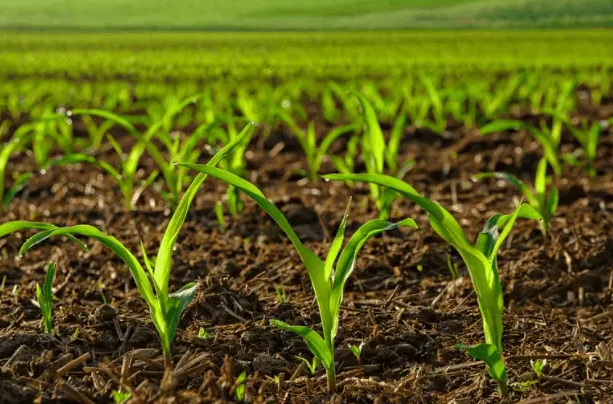
Increased Crop Productivity
Farmers using fish waste fertilizers often report improved crop productivity. The slow-release nature of organic fish-based fertilizers ensures that plants receive a steady supply of nutrients throughout their growing cycle. This leads to healthier plants, higher yields, and more resilient crops that can withstand stress from pests and diseases.
Higher-Quality Produce
In addition to boosting yields, fish-based fertilizers are known to improve the quality of crops. Fruits and vegetables grown with organic fertilizers often have higher nutrient content, better flavor, and longer shelf life. This is a significant advantage for farmers looking to meet consumer demand for high-quality, organic produce.
Environmental and Economic Impact
Promoting Biodiversity
The use of organic fertilizers, such as those produced by a Fish Waste Production Line, supports biodiversity in farming ecosystems. Healthy soils rich in organic matter provide a habitat for a variety of beneficial organisms, including earthworms, insects, and microorganisms. This biodiversity is essential for maintaining balanced ecosystems and promoting sustainable agriculture.
Economic Benefits for Farmers
Investing in a Fish Waste Production Line can lead to long-term economic benefits for farmers. By reducing the need for expensive chemical fertilizers and improving soil health, farmers can lower their input costs while increasing crop yields. Additionally, the use of fish-based fertilizers can enhance the marketability of their produce, particularly in the growing organic food sector.
The Future of Sustainable Farming with Fish Waste
As global awareness of environmental issues continues to grow, the importance of sustainable farming practices becomes more apparent. Fish Waste Production Lines represent a forward-thinking solution that aligns with the goals of reducing waste, conserving resources, and promoting healthy soils.
Farmers who adopt this technology are not only contributing to the circular economy but are also positioning themselves as leaders in the sustainable agriculture movement. By converting waste into valuable agricultural products, they are helping to create a more sustainable and resilient food system for future generations.
Conclusion
A Fish Waste Production Line offers a practical and eco-friendly solution to some of the most pressing challenges in modern agriculture. By transforming fish byproducts into nutrient-rich fertilizers, these systems help reduce waste, improve soil health, and support sustainable farming practices. As the demand for environmentally conscious agricultural methods continues to rise, fish waste production lines will play an increasingly important role in shaping the future of eco-friendly farming.
For farmers looking to enhance their sustainability efforts and boost productivity, investing in a Fish Waste Production Line is a step in the right direction, benefiting both the environment and their bottom line.


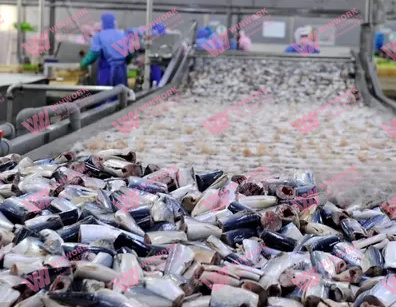
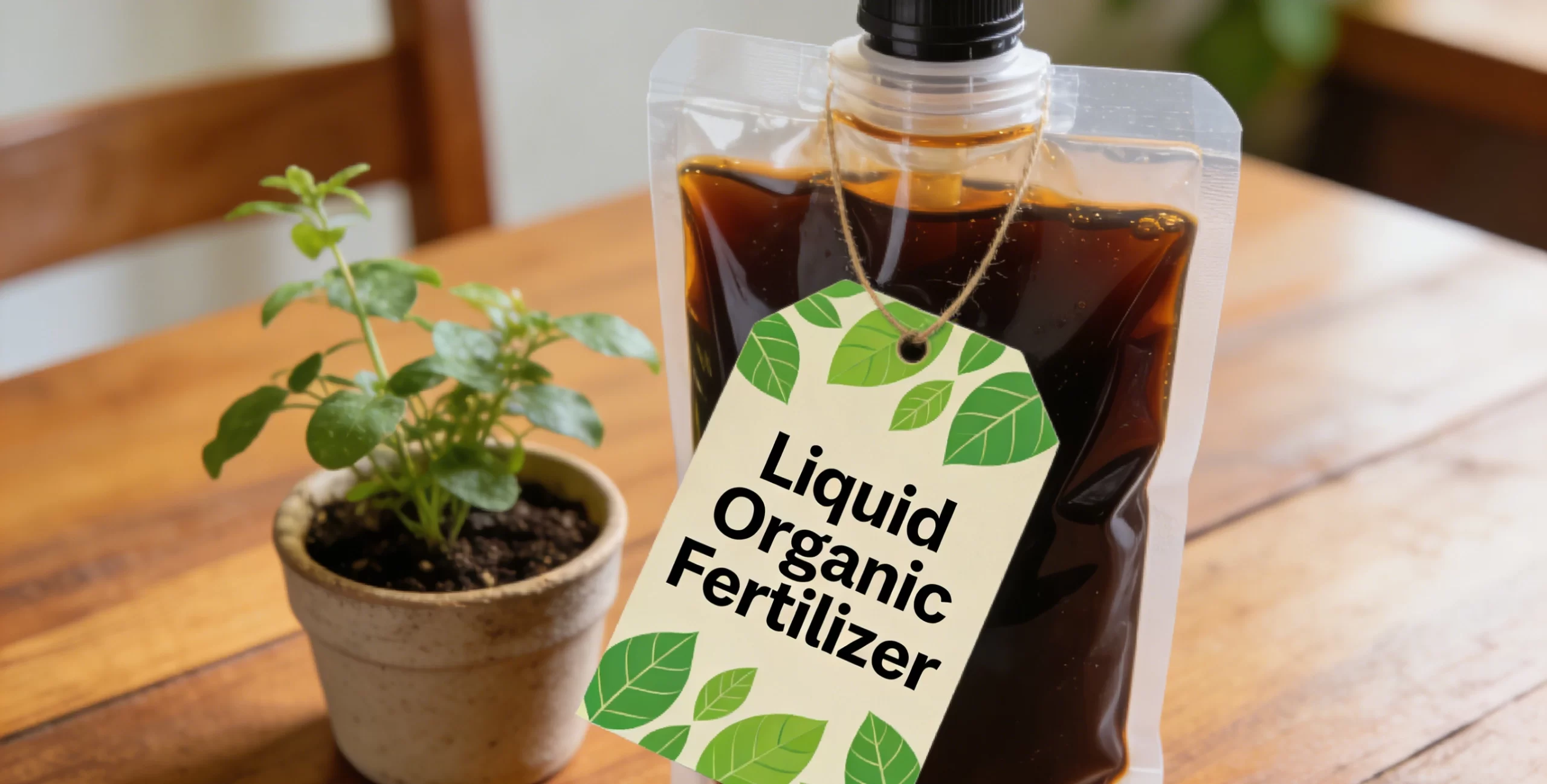


Get A Quote